Redefining Neurodiversity
Ksenia Golubeva
CBDO and co-founder of AutiHD, advancing AI-powered neurodiversity support.
Every now and then, you meet a founder whose purpose radiates through every word. Ksenia Golubeva isn’t just building another healthtech app—she’s fundamentally rethinking what inclusion for neurodivergent adults could look like across Europe and beyond. With her blend of startup grit, deep empathy, and a track record of orchestrating innovation on a massive scale, Ksenia brings rare insight into both how systems fail and how we might fix them. Her journey from Eastern European startup hubs to the heart of Luxembourg tech is packed with perspective, but it’s her relentless focus on real people’s needs that compelled us to speak. In this interview, discover what happens when a founder decides that being “different” isn’t something to fix, but something to value—a message Ksenia’s work at AutiHD is making real, one user and workplace at a time.
Your career spanned both launching startups and driving innovation at scale. What catalyzed your decision to co-found AutiHD and dedicate yourself to the neurodiversity space, rather than pursue more conventional tech ventures?
AutiHD was born not as a 'startup idea,' but from months of conversations with those who actually lived these challenges. The more we spoke, the clearer it became that there was a massive gap in support, especially for adults. That process of listening never stopped—it taught me to build from genuine need, to avoid my own assumptions, and to keep iterating based on firsthand experience. In the end, it’s all about purpose—creating solutions that tangibly improve quality of life for people who’ve too often been overlooked.
How did your early encounters with neurodivergent communities—both personally and professionally—influence your mission and worldview as you began building AutiHD?
Meeting someone like Joël, whose wit and depth challenged every stereotype I had, really hit home: The real struggles don't end with childhood. University, work—these environments demand conformity at the expense of individuality. My purpose shifted—I wanted to help build a world where different ways of thinking were seen as strengths, not deviations. That’s the spirit guiding AutiHD.
As you set out to build an inclusive solution, what revealed itself as the most important lesson about user-centered innovation in the neurodiversity arena?

For those outside the neurodiversity community, what do you wish people understood about the realities adults with autism and ADHD face in work and everyday life?

Walk us through how Mindory uses AI to craft meaningful, personalized support for neurodivergent users. What are your guiding principles for earning user trust and protecting sensitive data?
But for neurodivergent users, trust is non-negotiable. We embrace explainability: every suggestion the app makes is tied back to the data point that triggered it, in plain language. Users see exactly what prompted a notification, and can opt out of any data sharing. Our approach to privacy is uncompromising: health data is handled per GDPR standards, and users know from the start what we collect, why, and how it’s used.
What does your business model look like at this early stage, and which product features are proving most vital to user retention and engagement?
How do you support employers who want to foster neuroinclusive environments today, and what are your priorities for workplace-facing solutions going forward?
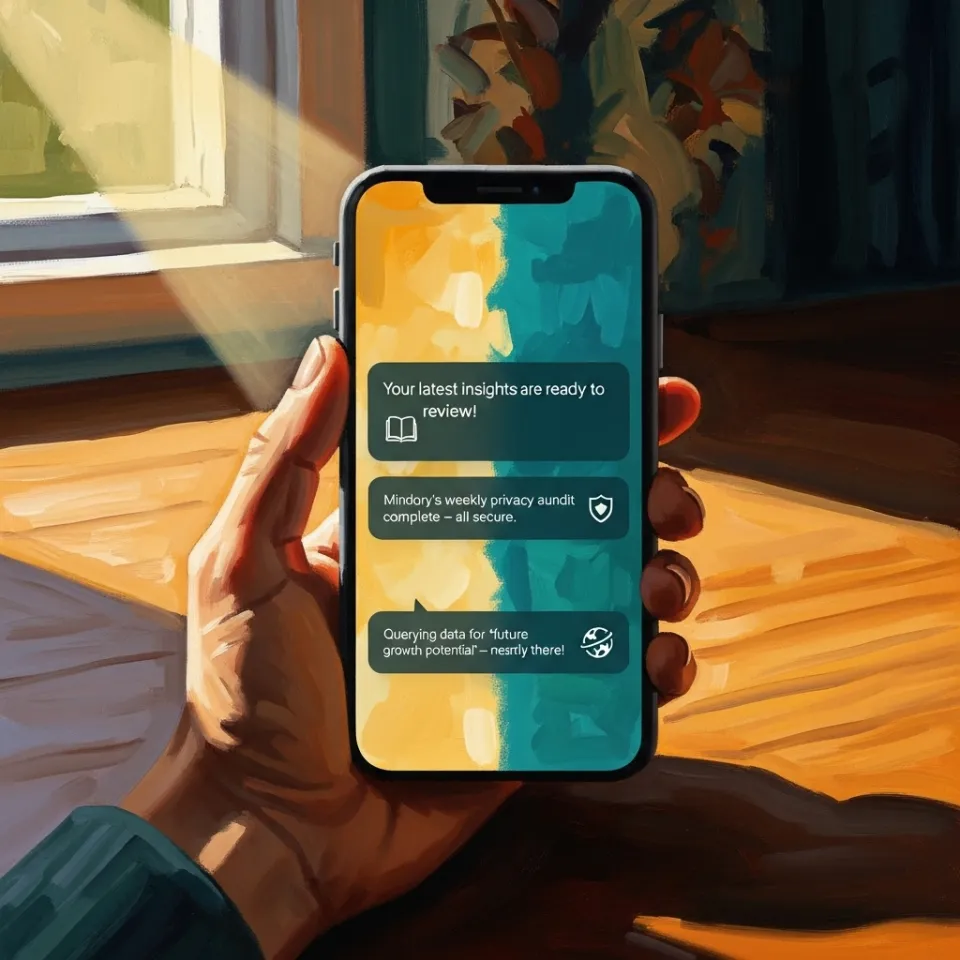
You have pilots running in several EU countries. How are you approaching reimbursement and regulatory strategy, and how might that affect your rollout and product category?
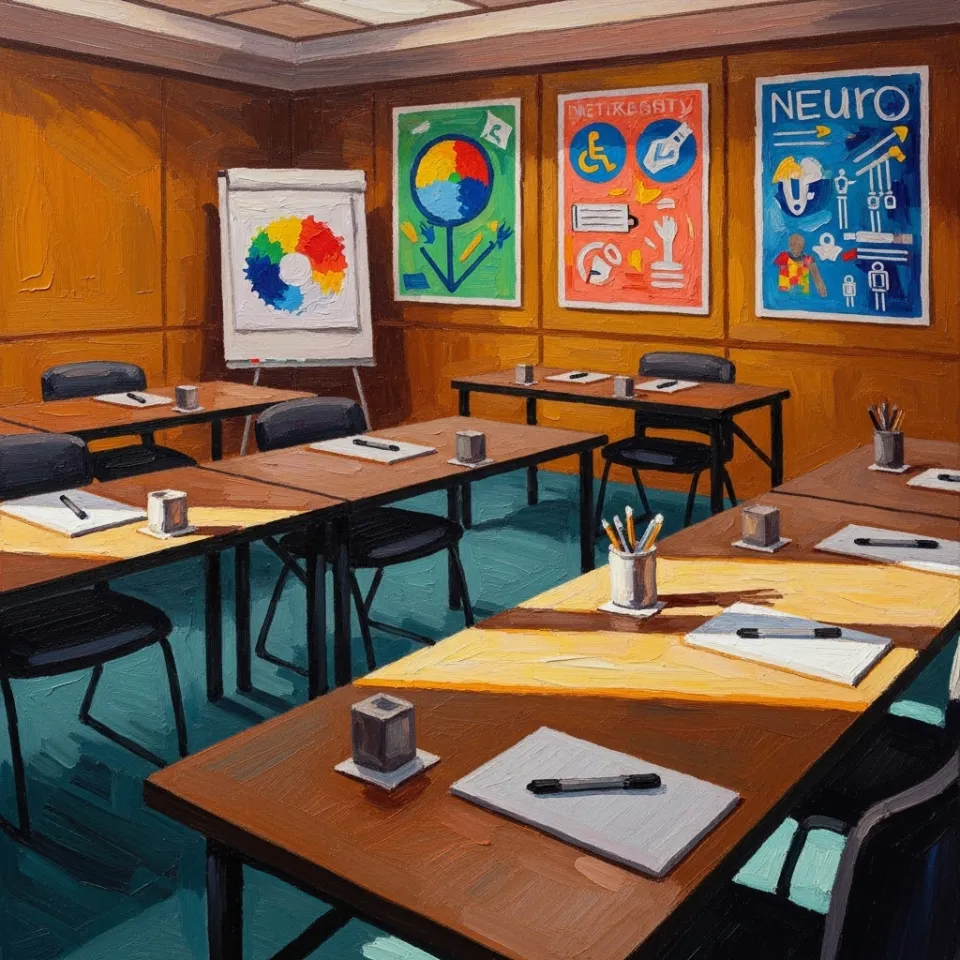
What is your vision for the future workplace, and how do you see platforms like Mindory influencing broader societal attitudes around neurodiversity?
Based on your years in both Western and Eastern Europe, what are the systemic barriers still facing neurodivergent adults—and what policies or cultural shifts are truly needed to overcome them?
Access is another critical piece—many adults can't obtain the tools or coaching they need because of cost. We need policies that ensure digital solutions like Mindory are recognized by insurance, making support available to everyone, not just those who can afford it. Finally, workplace culture itself needs to change. Flexibility—like adaptable hours or roles—should be standard. When policies and attitudes shift together, true inclusion becomes possible.
In building AutiHD, what moment gave you the clearest sense that change is possible—and within reach?
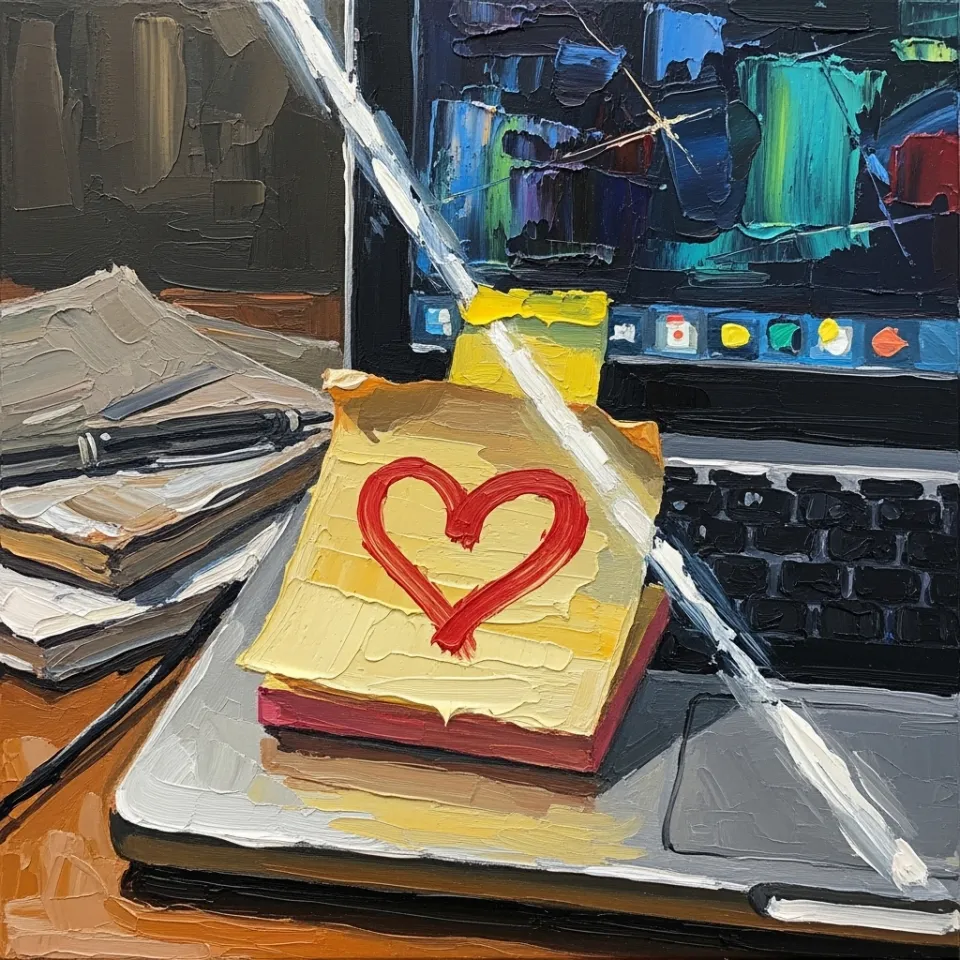
What would you say to a European policymaker hesitant about supporting digital mental health or reimbursing neurodiversity tools for adults?

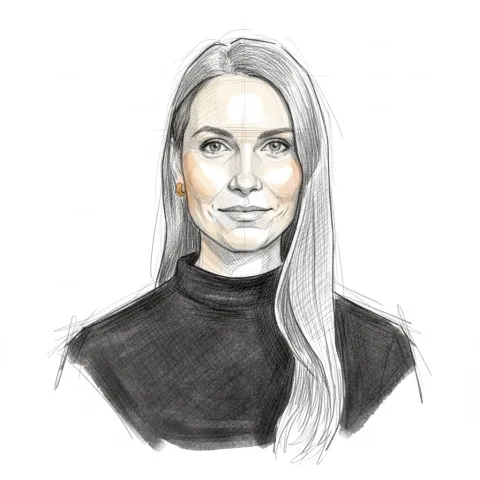
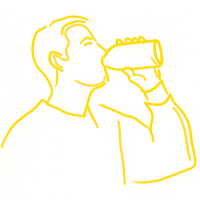
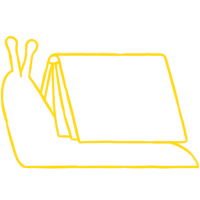
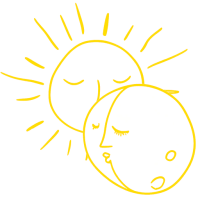

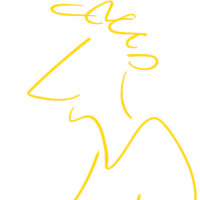
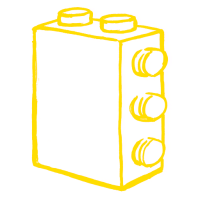


Share moment
Choose where you'd like to share this interview moment: